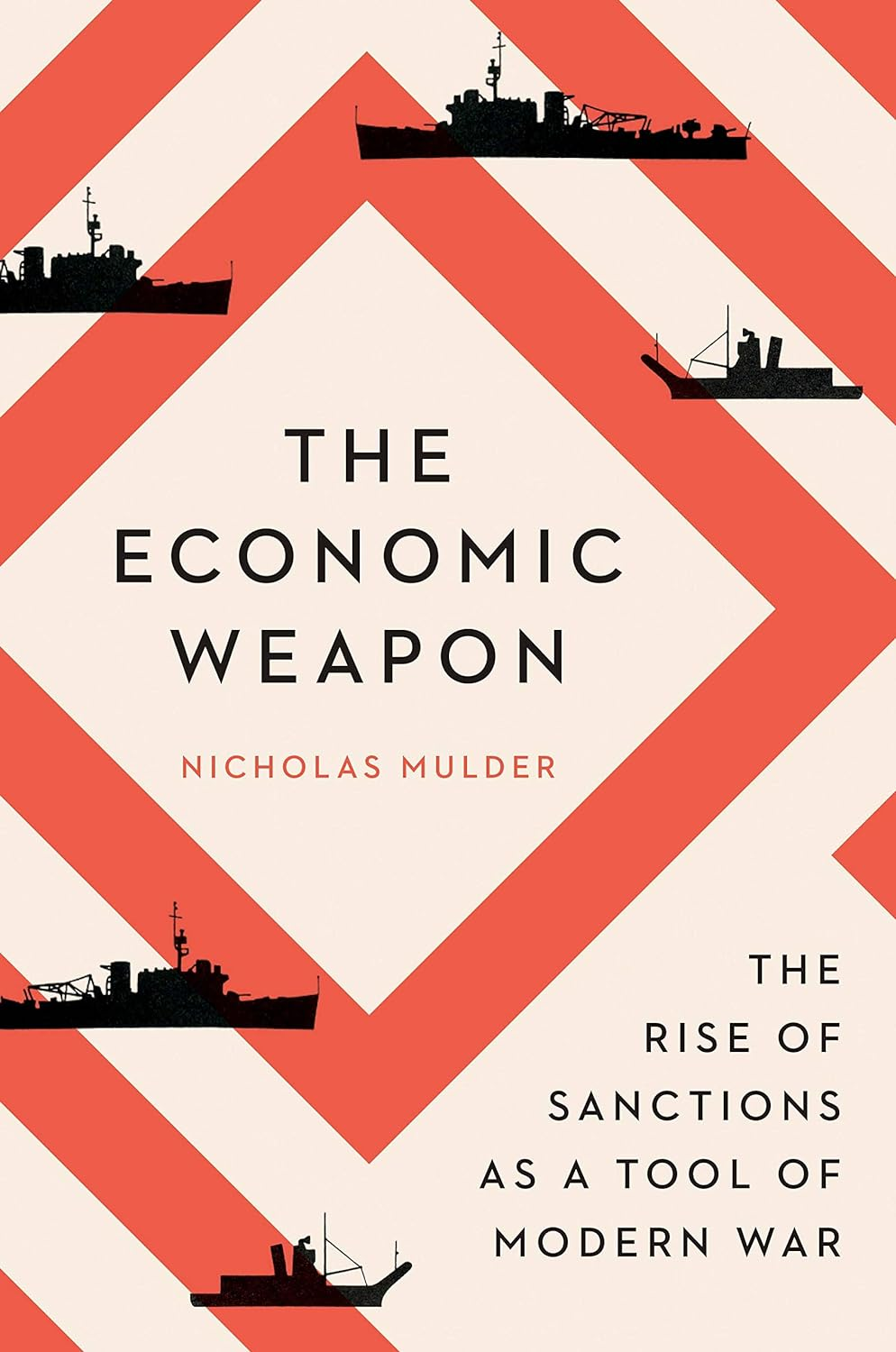In October 1935, the Italian dictator Benito Mussolini launched an invasion of Ethiopia, designed to satisfy long-standing Fascist ambitions for a neo-Roman empire of conquest in Africa. Having had ample warning of Italian designs on Africa’s last uncolonized state, officials in the British and French finance ministries had already drawn up elaborate plans to deploy what they called “the economic weapon” against a major European power launching an unprovoked war of aggression. Fearful of the consequences of direct military confrontation, they opted instead for a more clinical approach: cutting off Italy’s ability to purchase crucial imports of food and fuel by blocking its access to credit and refusing to purchase its exports. Under the auspices of the League of Nations, some 52 countries—including, crucially, the Soviet Union under Joseph Stalin—joined an international effort to poleax Italy’s rampaging war economy.
As Ethiopian forces put up heavy resistance to Mussolini’s army, British and French politicians struggled to find new ways to apply economic pressure on Italy, while secretly reconciling themselves to a potential partition of Ethiopia as the price of peace. The most effective economic sanction that might have been deployed, however, lay beyond their reach: The United States, then the world’s largest producer of oil, had declined to join the League of Nations at its inception. When the Senate refused to grant President Franklin Roosevelt the authority to impose an oil embargo on Italy, the writing was on the wall for Ethiopia. Italian forces rolled into Addis Ababa on May 5, 1936, less than a year after the invasion began; the League of Nations’ sanctions were lifted a few weeks later. The first coordinated application by the League of economic sanctions against a major European power had failed utterly.
Or had it? The lesson usually drawn from the League’s failure to check the ambitions of Italy, Japan, and Nazi Germany is that keeping the peace requires greater resolve, and more powerful tools, than Mussolini’s opponents were capable of mustering. As the United States and its allies struggle to respond to Vladimir Putin’s irredentist campaign of conquest in Ukraine, the analogies suggest themselves all too easily. Fascist aggression was not countered forcefully enough by the League of Nations, so NATO and the European Union must now continue to escalate economic sanctions against Russia. Ethiopia was left twisting in the wind as the League worried over the cost of military and financial support to that embattled country and its leader, Haile Selassie; the same hesitation cannot be allowed to cost Vlodymyr Zelensky the war in Ukraine. Rejecting these comparisons means embracing the path of the interwar “appeasers” by failing to take the threat posed by Putin seriously, thereby laying the groundwork for a Western betrayal of Ukrainian freedom.
